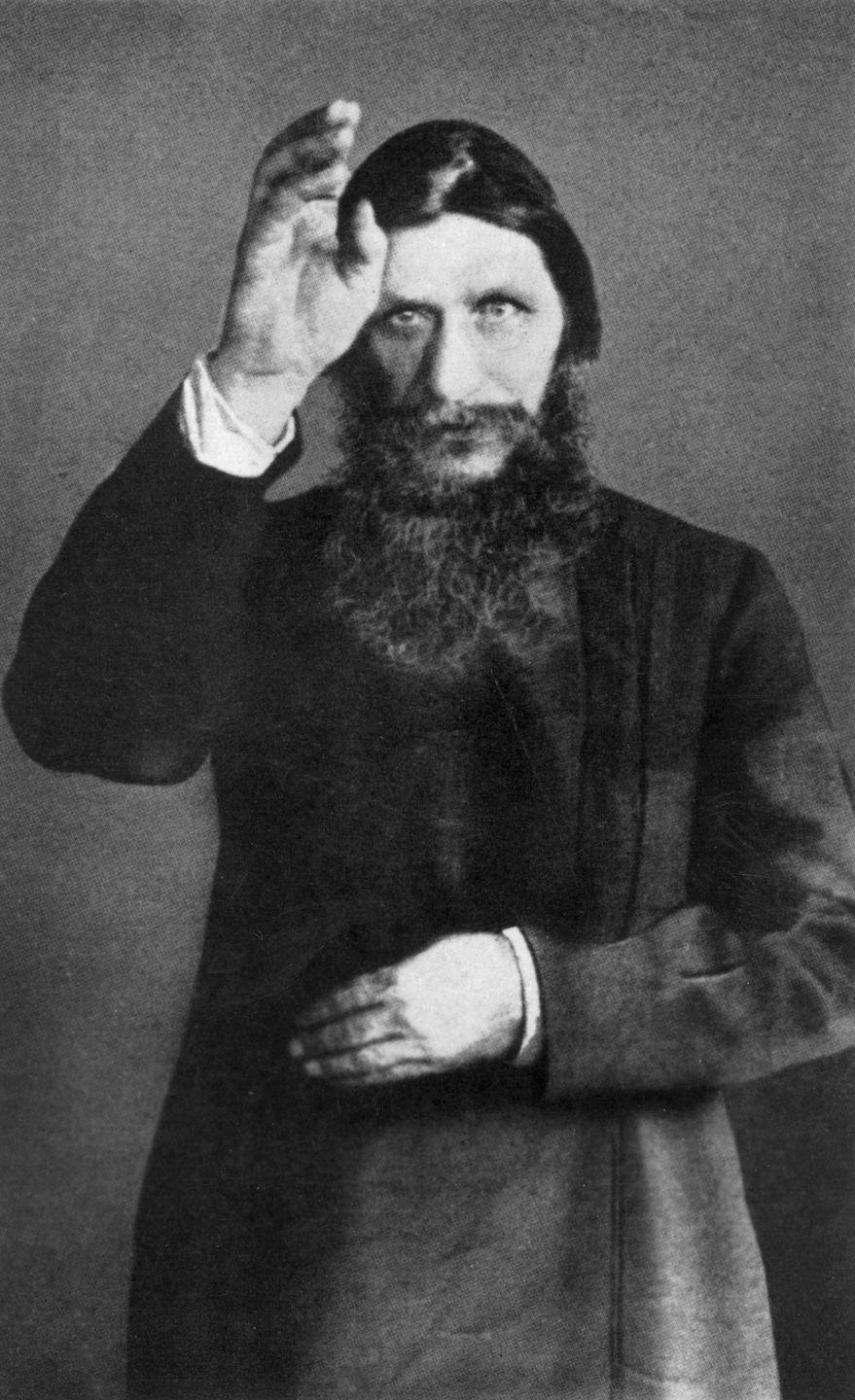Did Tsarina Alexandra Feodorovna, the Last Empress of Russia, Really Have an Affair With Rasputin?

The third episode of The Romanoffs centers around a show within a show. In "House of Special Purpose," Christina Hendricks plays Olivia Rogers, an actress who has been flown in to star as Tsarina Alexandra in a new series about the Romanovs.
The plot of the fictional period drama revolves not only around the family's exile and eventual execution (the Tsarina was the wife of Tsar Nicholas II, and together they were executed with their five children on July 17, 1918), but also a sordid affair between Alexandra and Russian mystic Grigori Rasputin. But did the Tsarina really have relations with the monk?
To put it simply, there is no evidence to suggest they had a sexual relationship.
"There is no truth to the stories about Rasputin and the Empress Alexandra having been lovers," Douglas Smith, a historian and author of the biography Rasputin: Faith, Power, and the Twilight of the Romanovs, tells Town and Country. "Alexandra was quite a prudish, Victorian woman. There’s no way, and no proof, that she would have looked to Rasputin for sex."
Rather, the speculation was propaganda spread by enemies of the Romanovs on both sides of the political aisle. "Those on the left, who wanted revolution and the overthrow of the Romanovs, spread such tales to indict the monarchy as hopelessly corrupt and debased," Smith explains. "Those on the right, who resented the royal couple’s embrace of a peasant they viewed as a dangerous charlatan, spread such tales hoping to convince Nicholas and Alexandra to send Rasputin away for good."

The stories also stemmed from the Russian aristocracy's general distaste for Alexandra, an outsider and the German granddaughter of Queen Victoria. "They couldn’t stand the fact that she preferred the company of [Rasputin,] an uneducated Siberian peasant, to their own," says Smith.
Rasputin's scandalous behavior further fueled for the rumor's fire. "Although married, he took many mistresses in the capital and was downright creepy towards many women he met. He couldn’t keep his hands off any attractive woman in his company ... regardless whether they liked it out or not."
Rasputin may not have been blameless, but in this case he was also a scapegoat.
"The myth of the wildly debauched peasant, sham holy man, who seduces the empress, cuckolds the emperor, and becomes the power behind the throne makes for a good story, which explains part of its staying power," Douglas says, reflecting on why we're still talking about the alleged affair today. It's just one part of the Romanov myth, which continues to endure, even 100 years after the family's execution.

"The Romanovs continue to hold our fascination in large part due to the great distance they fell, from the height of power and wealth and prestige, to being exiles and then prisoners of their political foes," he continues.
"Their gruesome murder in the summer of 1918, especially when placed alongside those iconic photos we’ve all seen of the family, with the pretty girls in their white dresses, possesses a macabre quality like any good horror story."
While we're on the subject of debunking myths, Douglas has another one he'd like to address. "No one got out of the Ipatiev house basement alive," he says.
"Anastasia too, like the love affair between Rasputin and Alexandra, is nothing more than pure myth."
('You Might Also Like',)

